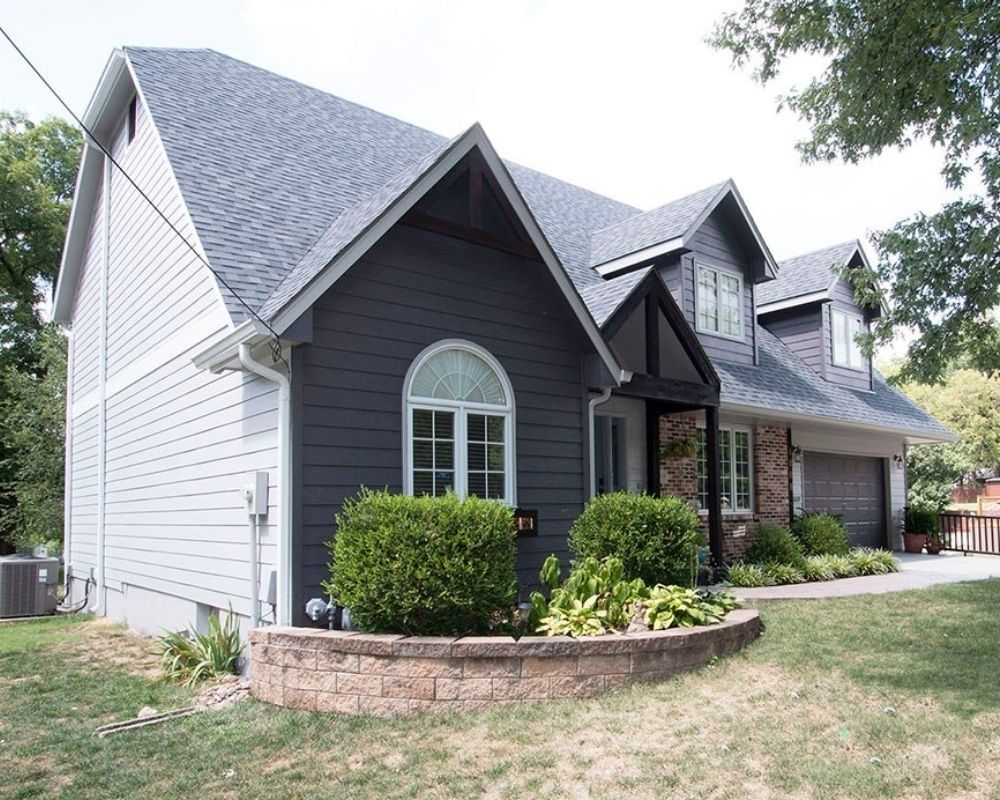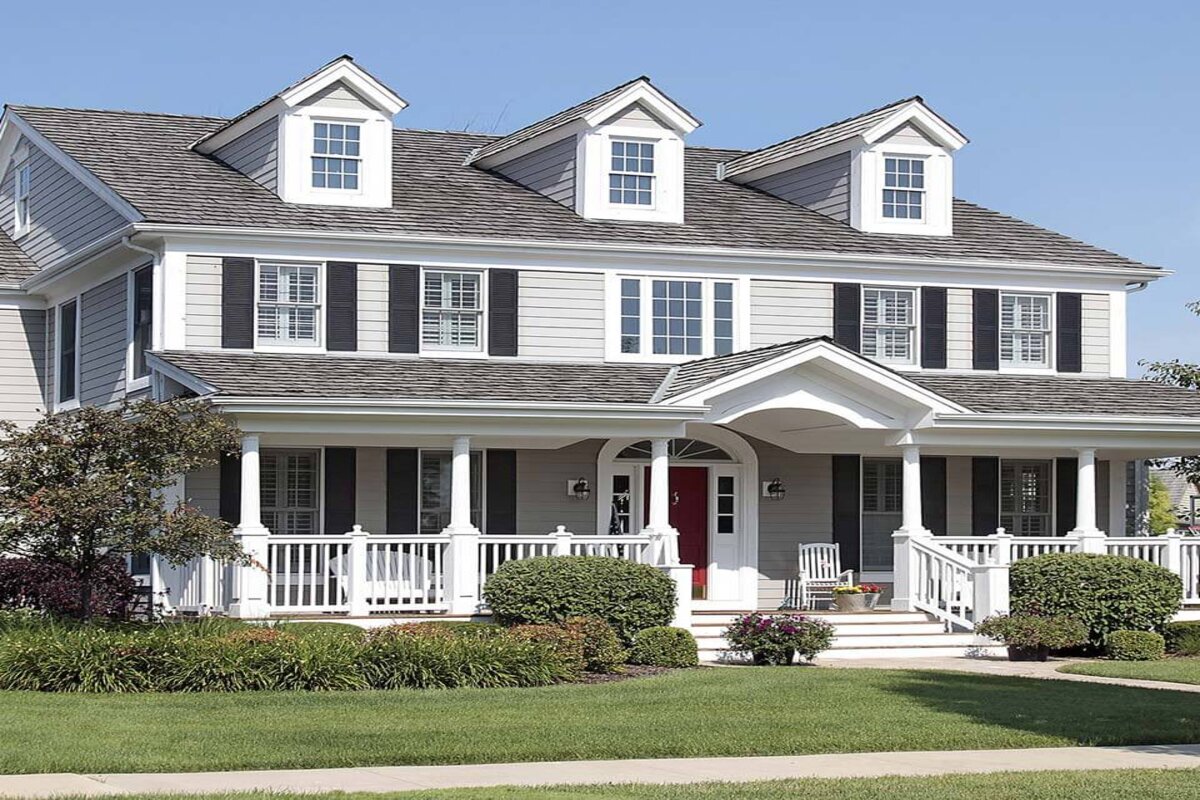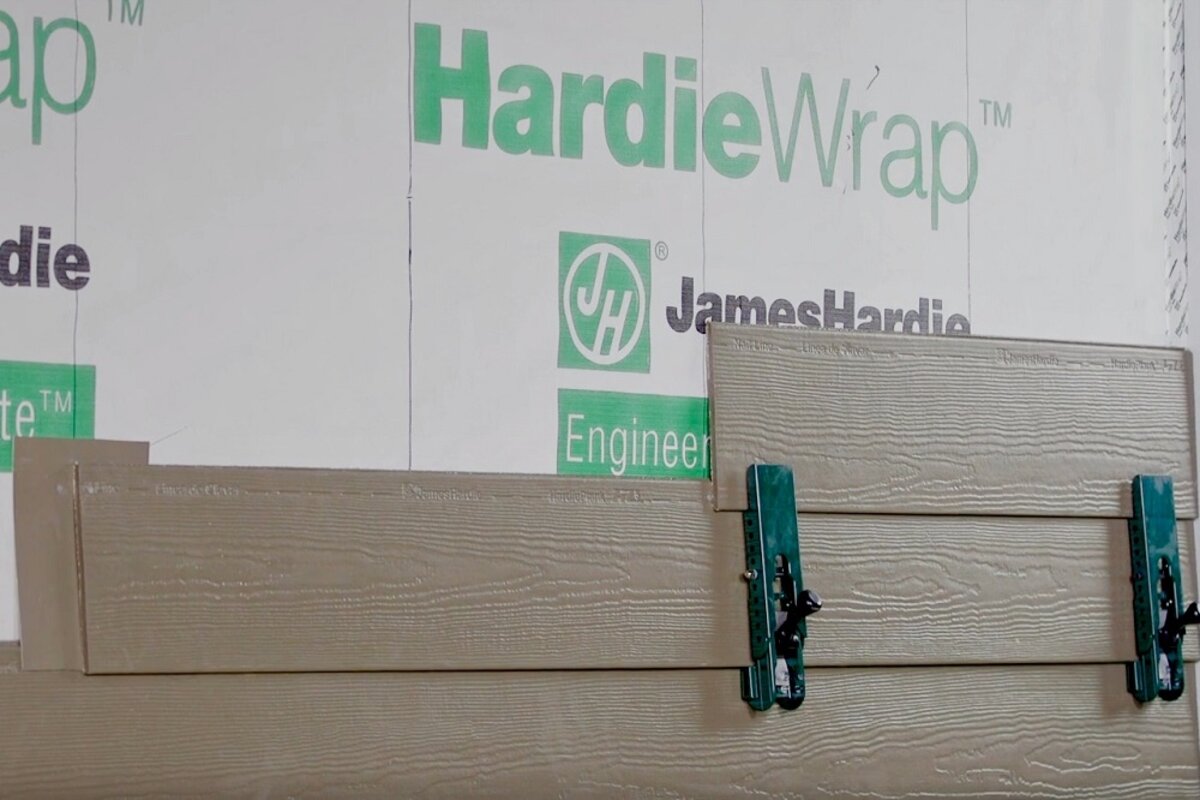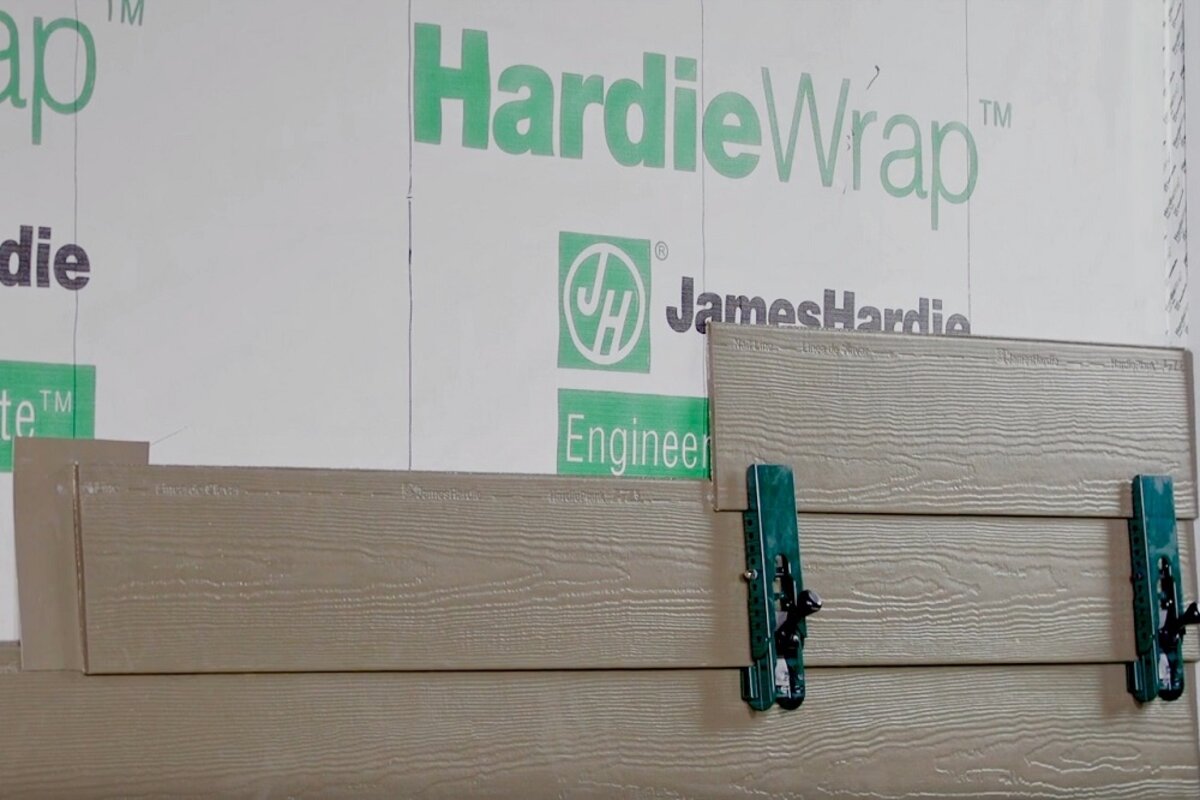Do wood windows really stand the test of time? As a homeowner, choosing the right windows for your home is more than just an aesthetic decision—it’s a commitment to the longevity and comfort of your living space. Here, we will discuss the expected lifespan of wood windows, debunk common myths, and provide you with essential insights to determine whether they fit your home’s needs.
The Lifespan of Wood Windows: What to Expect
The lifespan of wood windows can vary significantly based on several factors, including maintenance, climate, and the quality of materials used. On average, a well-maintained wood window can last anywhere from 20 to 60 years. This wide range is due to the inherent characteristics of wood, which is both a durable and a natural material, susceptible to environmental factors.
However, it’s important to note that no wood windows are made entirely of wood on the exterior. Modern wood windows are typically constructed with wood on the interior, while the exterior is clad in materials like vinyl, aluminum, or fiberglass. These exterior materials provide a durable, weather-resistant layer, which significantly extends the window’s lifespan by protecting the wood from the elements.
Misconceptions About Wood Windows
There is a common misconception that wood windows are entirely made of wood, both inside and out. This simply isn’t true. As we’ve mentioned, all modern wood windows have an exterior cladding of vinyl, aluminum, or fiberglass. This design choice isn’t just for longevity; it’s also about performance.
Vinyl, for instance, is an adequate material for some window designs, offering a lifespan of around 15 to 20 years. While vinyl has its place in the market, it doesn’t compare to the durability and performance of aluminum or fiberglass, which are both superior in terms of being airtight and watertight. These materials ensure that your windows won’t leak, rot, or cause your energy bills to skyrocket, which can happen with less durable options.
The Appeal of Wood Windows: Matching Your Home’s Interior
One of the primary reasons homeowners choose a wood window is its unmatched ability to blend with the interior character of older homes. If your home, like many in historic neighborhoods, has original wood trim from the 1930s or 1940s, new wood windows can replicate that warm, rich look that other materials simply can’t match.
We’ve seen firsthand how a wood window can preserve the historical integrity of a home. For example, in my own home, we chose Marvin fiberglass windows with wood interiors. After addressing any existing wood rot and ensuring everything was airtight and watertight, the wood interiors provided a perfect match to our home’s original woodwork, maintaining its charm and character.
Considerations for Homeowners: Is Wood Right for You?
Wood windows can provide a beautiful and authentic look, but they may not be the ideal choice for everyone. It’s important to weigh the pros and cons before making a decision.
Pros
- Aesthetic Appeal: Wood windows offer a classic, timeless look that complements older homes and adds warmth to any interior.
- Customizable: Wood can be easily painted or stained to match your home’s decor, offering more design flexibility.
- Authenticity: For homeowners who appreciate the traditional feel and authenticity, wood windows preserve the historical integrity of older homes.
Cons
- Cost: Wood windows are generally more expensive than vinyl or fiberglass alternatives.
- Maintenance: Regular upkeep is required, including painting, sealing, and protecting the wood from moisture and pests.
- Susceptibility to Elements: Wood is prone to rot, warping, and damage from environmental factors, requiring more frequent repairs.
For those who prioritize durability and minimal maintenance, alternatives like fiberglass or aluminum-clad windows might be more suitable. These materials provide:
- Durability: Fiberglass and aluminum-clad windows are resistant to weathering and do not warp, rot, or require frequent repairs.
- Low Maintenance: Unlike wood, these materials require little to no upkeep, making them ideal for busy homeowners.
- Energy Efficiency: Many fiberglass and aluminum-clad windows offer superior insulation, leading to better energy efficiency and cost savings.
However, if the authenticity and character that wood windows bring to your home’s interior are important to you, and you’re prepared to invest in regular maintenance, it can be a lasting and beautiful choice.
In Summary
The lifespan of a wood window depends on several factors, including the materials used, maintenance, and your home’s specific needs. With proper care, these windows can last decades, maintaining their beauty and functionality. However, they are not for everyone, and many homeowners may find fiberglass or aluminum-clad options more suitable for their needs.
If you want to explore other options, contact us to discuss the best solution for your home. We’re here to help you make an informed decision that will enhance your home’s appearance and performance for years to come.








